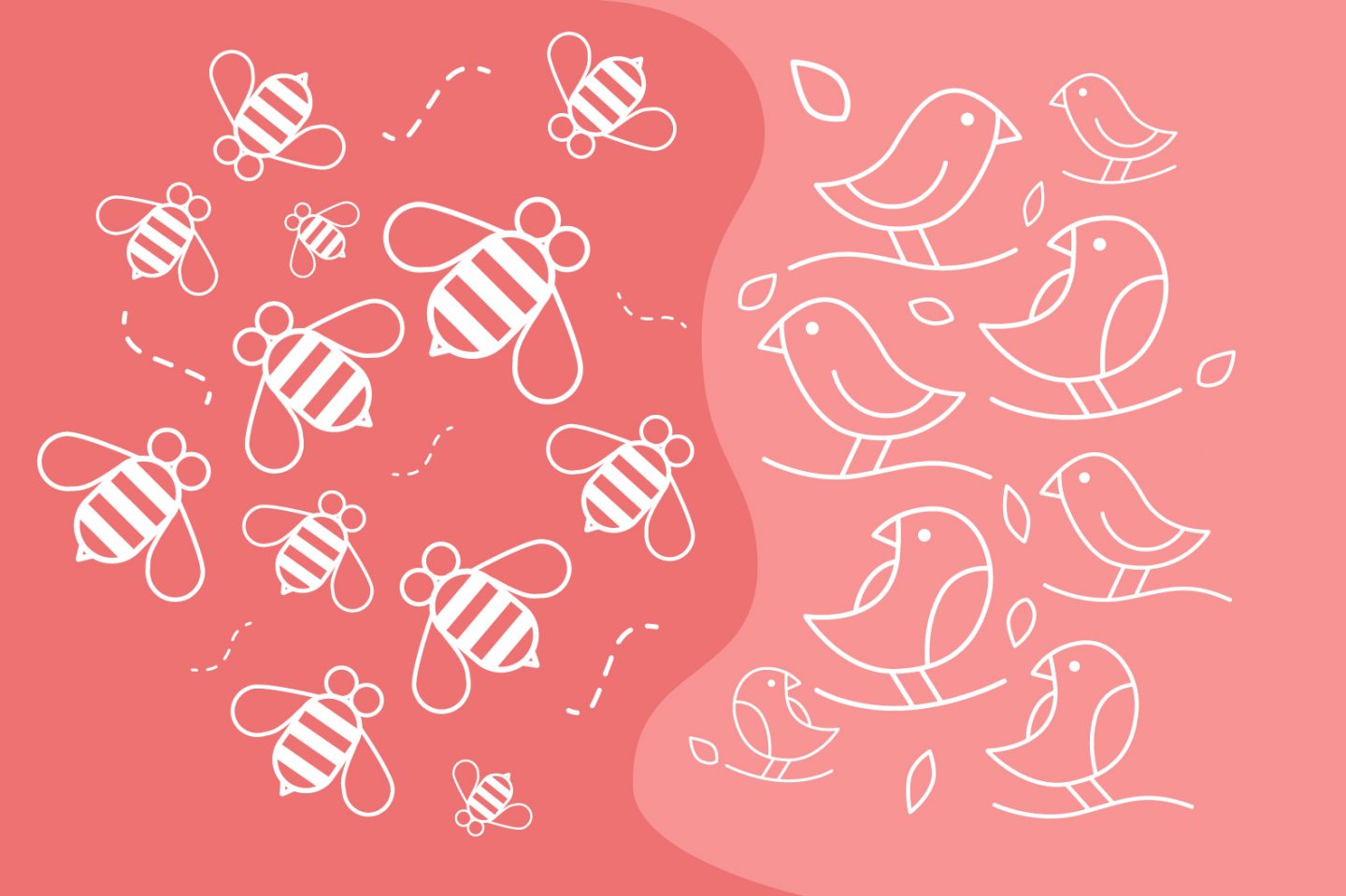It depends. What do you hope to achieve? What’s the end-goal?
If your point of view is that teenagers will be teenagers, with hormones oozing out of every pore and their brains barely contained in their pants, and that it is unrealistic to keep the blinkers on forever, then you’ll advocate against abstinence.
It’s a compelling argument: That teenagers will do what teenagers will do, and shouldn’t be blamed for the pervasive sexuality of modern society. It’s akin to the argument that a government should provide clean needles to drug addicts – if they’re going to shoot up anyway, might as well help them prevent infection, right?
But last I checked, the Singapore Government doesn’t provide clean needles to drug addicts. Quite the opposite: The aim is to be drug-free, not drug tolerant.
The principle is clear: Rather than merely do as the world does, we should set the high bar. Don’t resign ourselves to letting others’ norms be our norms. Instead, set high standards and expectations for ethics and morality, and do everything we can to meet that mark, even while knowing that humans being humans will strain in the opposite direction. But at least try.
The problem with this approach, and why it grates with many, is that it is prescriptive. It requires a value judgment: A statement of where the bar is, and expecting everyone to agree. Old Government could get away with it. But New Government doesn’t quite have the same absolute final say it used to.
Now prescriptiveness is anathema, in a world where self is put on a pedestal, the right to choose enshrined as the absolute end-goal.
So values like purity, chastity and holiness, which promote a certain degree of self-denial for either a greater good or a long-term benefit, now feel archaic and out of place in the world we now live in.
(Purity?! It sounds so old-fashioned even just typing the word here. Like chastity belts should be handed out at Civics and Moral Education classes in school.)
If I didn’t believe in eternity, I’d do whatever I felt like, consequences be damned. But I do believe in eternity.
Let’s go back to considering the end-goal, defining the higher bar. If you think there’s more to life than just living in the moment, maximising your pleasure, and giving in to every desire, while hopefully limiting the negative consequences to your choices, then you’ll say that safe sex is the way to go.
I personally try to view things in a much longer time frame, in part because I’ve made mistakes I wouldn’t wish on my own children. Tonight’s revelry is often tomorrow’s regret.
You know the arguments against: STDs/STIs, the cheapening of the body, the emotional fallout, the impact on future relationships. In short, what happens when the pure becomes impure.
And looking even beyond that, there’s the ultimate reckoning, where I believe we’re called to give an account of what we did with our lives, our time, our bodies. If I didn’t believe in eternity, I’d do whatever I felt like, consequences be damned.
But I do believe in eternity. I believe what I do in this body I inhabit will have an eternal consequence. Tonight’s revelry can have eternal repercussions. That sobers me up.
Which means that I started off with a question that I think is a false dichotomy: Abstinence vs safe sex. The real question, to me, is what defines safe sex. Safe, in terms of trying not to contract some disease that only affects the earthly body? Or safe, in terms of not inflicting on myself a consequence that affects the eternal soul?
So, in view of eternity: I’d rather be safe than sorry.









